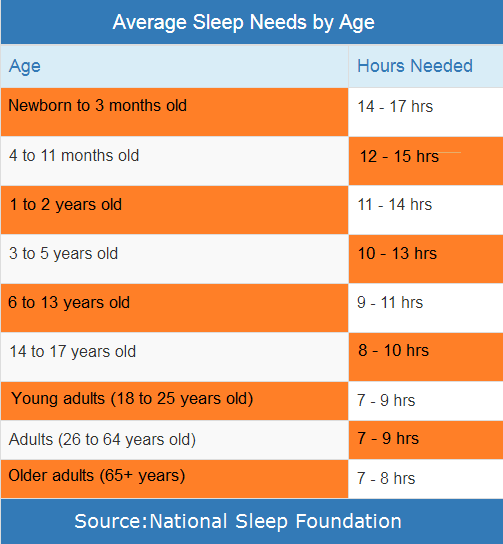Sleep is an investment in the energy you need to be effective tomorrow.
All of us just moved our clocks forward one hour to accommodate daylight saving time and many of us felt a little sluggish the next day because of the lost hour of sleep. This simple example of not getting as much sleep as we do normally shows just how important a good night’s rest is to our mental and physical well-being.
The Vital Role of Sleep
Sleep plays a vital role in good health and well-being throughout your life. Getting enough quality sleep at the right times can help protect your mental health, physical health, quality of life, and safety. During sleep, your body is working to support healthy brain function and maintain your physical health.
“Sleep affects almost every tissue in our bodies,” says Dr. Michael Twery, a sleep expert at NIH. “It affects growth and stress hormones, our immune system, appetite, breathing, blood pressure and cardiovascular health.” Research shows that lack of sleep increases the risk for obesity, heart disease and infections.
Benefits of a good night’s rest …..
- Keeps your heart healthy
- May help prevent cancer
- Reduces inflammation
- Makes you more alert
- Improves your memory
- May help you lose weight
- Increases productivity
- May reduce risk of depression
- Helps the body repair itself
Recommendations to Help You Sleep More Soundly
Keep a consistent sleep schedule
The 2019 Sleep in America poll shows a strong correlation between sleep schedule consistency and being well-rested the following morning. Go to bed and get up at the same time every day. Try to limit the difference in your sleep schedule on weeknights and weekends to no more than one hour.
 Watch what you eat and drink
Watch what you eat and drink
Avoid heavy or large meals within a couple of hours of bedtime. The stimulating effects of nicotine, caffeine and alcohol can take hours to wear off and can wreak havoc on quality sleep.
Create a restful environment
For most, having a room that is cool, dark and quiet is ideal for sleeping.
Limit daytime naps
If you choose to nap, limit yourself to up to 30 minutes and avoid doing so late in the day.
Include physical activity in your daily routine
Regular physical activity can promote better sleep as long as you don’t exercise too close to bedtime.
Manage worries
Try to resolve your worries or concerns before going to bed. Dwelling on them can make it hard to fall asleep.
Talk to Your Doctor
For prolonged periods of sleeplessness caused by any number of reasons, don’t hesitate to see a doctor to address your concerns. Your good health depends on it.


